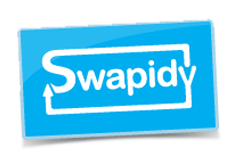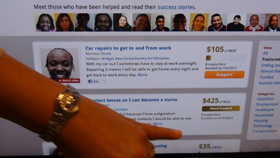 Two Czech entrepreneurs have developed a note taking app for students that has become very popular in Prague and surrounding areas.
Two Czech entrepreneurs have developed a note taking app for students that has become very popular in Prague and surrounding areas.
There are a few apps out there for students to take school notes however none are as easy to use or as feature packed as mySchoolNotebook.com. With their app students can take notes, organize them into notebooks and even add audio to the notes. They stay organized in the same way that you would keep a traditional three ring binder.
mySchoolNotebook.com uses Facebook authorization, so to use the app you need to have a Facebook account. The upside to the Facebook integration is that it adds a conduit for sharing notes with fellow students that may be collaborating on an assignment together.
mySchoolNotebook.com also has a pdf export function that allows the student to export their notes as a pdf if you need to have an actual paper version of the notes.
More and more schools across the country (and apparently the world) are allowing students to use smartphones and iPads in class to take notes. This is good for the environment and great for the student as it gives them a way to quickly move their notes back and forth from their computers and makes them easier for reference when writing long papers or studying for exams.
We got a chance to catch up with mySchoolNotebooks.com who were actually in Chicago for TechWeek two weeks ago. Check out our interview after the break















